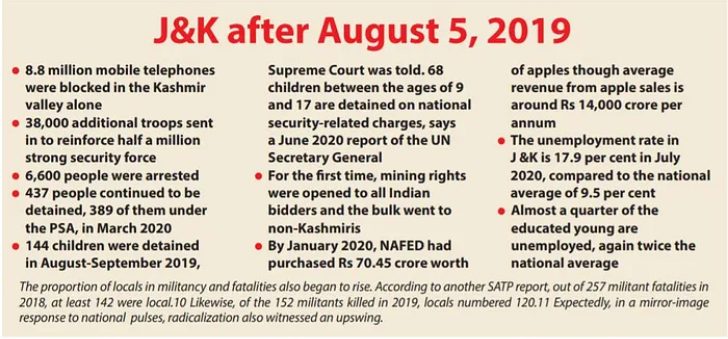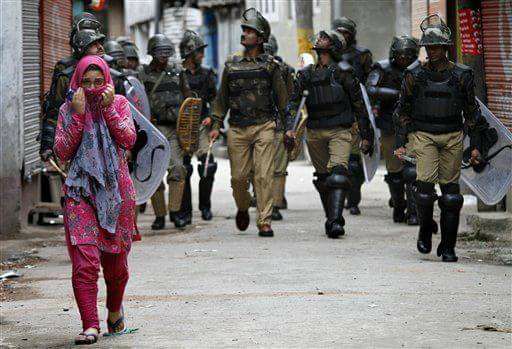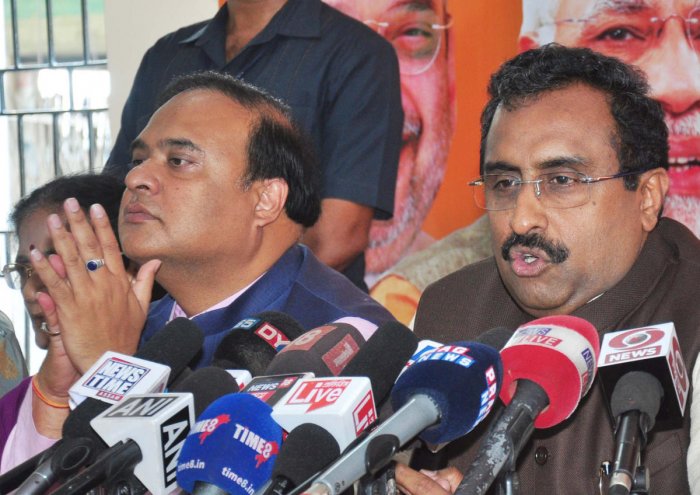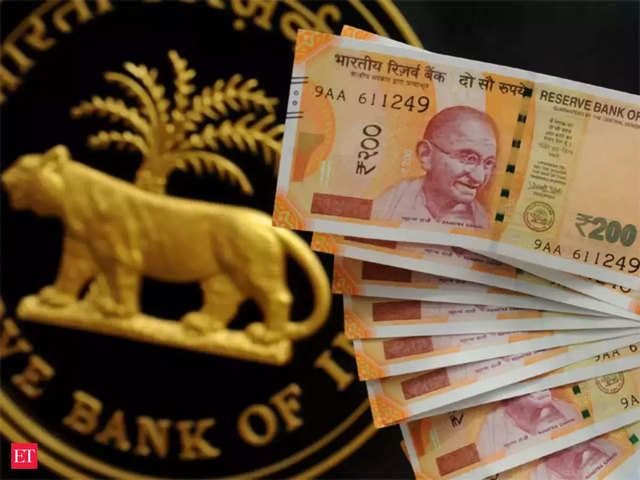Unemployment levels have already pushed the youth to the brink. Additionally, with the government mulling closure of several public sector undertakings (PSUs) like SICOP, SIDCO and J&K Minerals Limited, the distress among youth is reaching an alarming level.
[splco_spacer]
The fears of the local youth are that they would not only be losing a good share of government jobs to new domiciles, they will also be marginalised in the job market in the private sector while PSUs will be eased out.
With respect to college and university admissions and ownership of land, even this limited protection does not exist, making J&K far more open than its neighbouring state, Himachal Pradesh, or the conflict-ridden states in India’s north-east.
Expected investments, which are likely to come more to extract natural resources, in view of the precarious law and order situation of the region, would have a deleterious impact on both ecology and the economic prospects of local residents.
[splco_spacer]

[splco_spacer]
In the last few months, the Indian government has been repeatedly declaring that it is creating land-banks for inviting investors from outside to set up businesses and industries in Kashmir. Pursuant to this, the J&K administration under the Lieutenant Governor has so far identified 15,000 acres of land from 203,020 acres of state-owned land in Kashmir region for industrial infrastructure development.
[splco_spacer]
Most of this land is ecologically sensitive because it is either part of or close to rivers, streams and other water bodies according to officials. In Jammu, 42,000 acres of state land have been similarly identified for development.
On July 24, the J&K administration approved transfer of land measuring 9654 Kanals in favour of Industries and Commerce Department for establishing Industrial Estates at 37 identified locations across Jammu and Kashmir, giving rise to concerns of shrinking the existing forest and agriculture land.
Anxieties of local businessmen, already crushed by economic losses to the tune of Rs 50,000 crores in the last one year, have been precipitated by fears of being overshadowed by ‘outsiders’. They are visibly not in a position to compete.
[splco_spacer]
The worries are magnified by the manner in which the sand-mining and stone quarrying contracts have been given out to businessmen from other parts of the country, who not only had better money-power to quote impressive bids but also unrestricted internet access to participate in the process.
The gradual realization of the impact has dampened the euphoria and partially clouded the optimism in Jammu. But murmurs of protest remain muted, due to the pandemic related lock down.
[splco_spacer]
The Hindu majority in Jammu had been fed on the notion that only by “showing Kashmiris their place” could national interests be best served. That is an additional dilemma.
Anxieties in Ladakh are increasing with no assurance forthcoming from the government on protection of the tribal status, the likely ecological fallout of opening up the land for investments and the tensions with China at the borders but also due to the deepening of communal divisions.
Kashmir : Marathon Exercise 4,00,000 domicile certificates issued in a month
The anxieties of losing jobs, land and business are common across the landscape, transcending all geographical, religious and regional divides. Added to this is the political dis empowerment of the people with the erstwhile state’s downgraded political status.
While Ladakh UT will have no legislature, the limited nature of J&K UT’s assembly, whenever that assumes shape, is likely to reduce political discourse to the level of municipal matters. Could these common concerns become grounds for some solidarity? Perhaps! But few details may be significant.
The project of demographic change, inspired by BJP’s pathological hatred for Muslims and its abject intolerance to the existence of a Muslim majority region in the country, may also be a threat in Kashmir and for Muslims elsewhere, though not across the board.
[splco_spacer]
Added to this, New Delhi has also set into motion the process of delimitation for redefining the electoral constituencies, engendering fears in Kashmir of also losing their political domination.
In such a situation distress, divisiveness and chaos are the fruits that the country could potentially harvest.
Article Written by : Anuradha Bhasin – Abridged version









